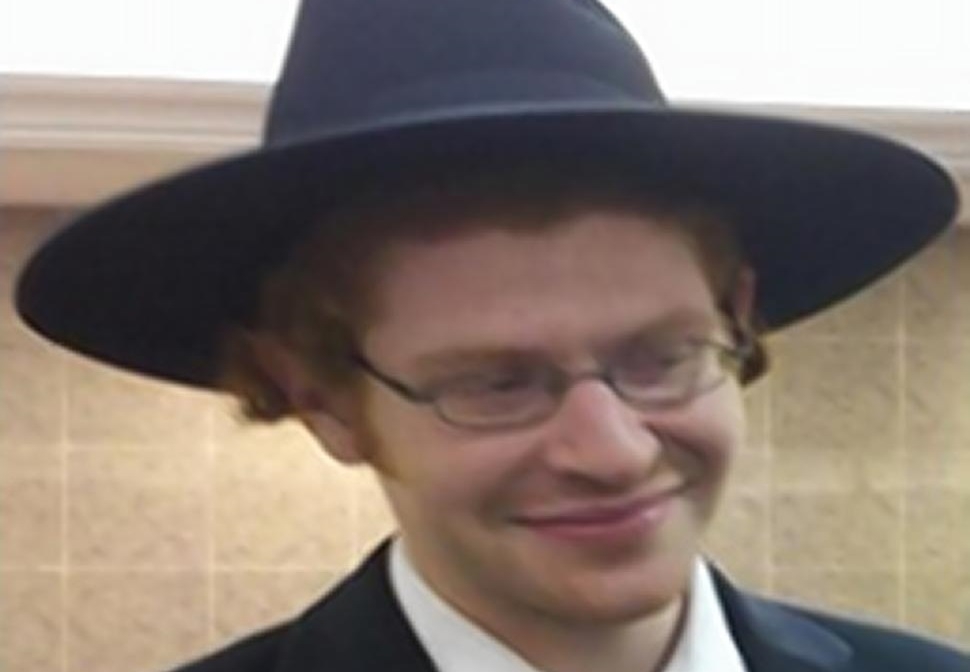Body believed to be missing ultra-Orthodox US teen found in Israel

A body suspected to be that of kidnapped US teenager Aaron Sofer has been found in the Jerusalem Forest, not far from where the body of Palestinian teen Mohammed Abu Khdeir was left after his murder.
The 23-year old ultra-Orthodox yeshiva (religious school) student, who is originally from New Jersey, went missing on the 22 August while hiking through the Beit Zayit area of the Jerusalem Woods.
“We can confirm that a body was found today near the Jerusalem Forest and that a forensics team is at the sight now to determine if it is the missing yeshiva student,” said Police spokesman Micky Rosenfeld shortly.
The body has not been finally confirmed as Sofer’s and a potential culprit has not been named. However, since the body was found in the same vicinity as the body of Abu Khdeir, murdered by Jewish nationalists in retaliation for the killing of Israeli teens Naftali Frenkel, Gilad Shaar and Eyal Eyal Yifrach, questions have been raised as to whether it marks the latest incident in a circle of violence.
Sofer’s disappearance prompted hundreds of volunteers to join local police in a search operation after his disappearance on Friday, with his parents also flying over from the US.
His parents demanded the Israeli army be involved in the search as they had been for the other three missing Israelis.
"A physically, mentally and emotionally healthy young man does not go missing for 72 hours," Sofer family spokesman Dov Hirth told The Jerusalem Post. "The family is not satisfied with the way the search and rescue operation has been handled thus far."
Some commentators have noted the reaction to the Sofer's disappearance has been muted compared to that of the previous three abducted Israeli teens, which prompted incursions into the West Bank by the Israeli army, a massive national and international media campaign and the arrest of thousands of Palestinians.
“Why?” asked Haaretz columnist Allison Kaplan Sommer. “Is it because he isn’t Israeli? Because he is ultra-Orthodox? Because the local media is solely focused on the war in Gaza and other unrest in the region?”
She quoted public relations consultant and social media activist Laura Ben-David as saying his being an ultra-Orthodox, who are often viewed with suspicion in Israel, may have played a role.
“I've heard from a number of people that they automatically discounted it when they only saw it in the Haredi [ultra-Orthodox] press,” she said. “And I am not anti-Haredi at all . . . I simply don't hold much stock in news that the mainstream media doesn't report on.”
It was also suggested that ultra-Orthodox aversion to social media may have prevented the construction of a stronger media campaign, such as the one created for the three missing Israelis.
Some ultra-Orthodox Jews view Israel with skepticism, seeing it as a secular realisation of a religious prophecy, with some like the Shas party more supportive of the state and some, like Neturei Karta, militantly anti-Zionist.
This, coupled with historical exemption from serving in the armed forces and high unemployment due to a dedication to religious studies, has led the group to be deeply unpopular in many corners of secular and nationalist Israeli society.
A draft bill to conscript the ultra-Orthodox into the military prompted thousands protesting on the streets of Israel and New York in May 2014.
New MEE newsletter: Jerusalem Dispatch
Sign up to get the latest insights and analysis on Israel-Palestine, alongside Turkey Unpacked and other MEE newsletters
Middle East Eye delivers independent and unrivalled coverage and analysis of the Middle East, North Africa and beyond. To learn more about republishing this content and the associated fees, please fill out this form. More about MEE can be found here.

